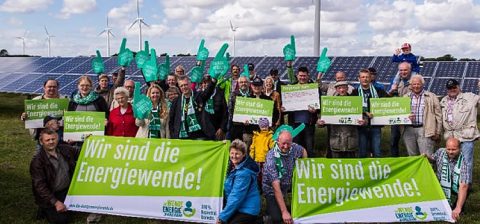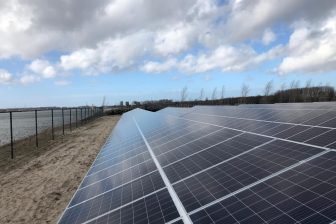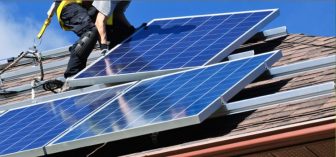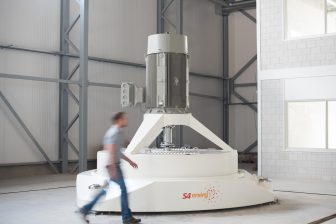
Helft Duitse burgers wil zelf mee-financieren aan energietransitie
23 september 2016 – De belangstelling om zelf te investeren in zonne- of windenergie is in Duitsland enorm gestegen. Eén op de twee Duitse burgers denkt er serieus over.
Uit een bericht van Renewables International
‘(…) This has been investigated by a representative survey of 1,990 German citizens. It reveals retail investors’ investment preferences and yield profiles for the first time and sheds a different light on the financing debate of the German energy transition.
Solar photovoltaic and wind energy are retail investors’ first choice. These technologies are preferred over small-scale hydropower and biomass. Investment volumes vary following diverse investor preferences. About one in three potential investors would participate with investment volumes up to 1,000 Euros. Even though retail investors estimate the risk profile of such projects comparable to investments in start-ups or small companies, 29 per cent and 19 per cent evaluate their potential investment volume much higher with 5,000 and 10,000 Euros. Only a low number of surveyed retail investors perceive the risk profile of renewable energy investments similar to lower risk alternatives, such as a pension plan or a savings account. While 35 per cent of respondents rely on a simple assessment of the payback period, 27 per cent frankly say that they trust their gut feeling when making investment decisions.
Moderate yield requirements
In comparison to solar photovoltaic or wind power capacity, retail investors demand a risk premium of 1.44 per cent in case they invest in small-scale hydropower. As concerns the project location, survey participants indicate a slight preference for projects in their own neighbourhood compared to nation-wide projects. This may indicate that citizen participation can invert the much discussed “Not in my backyard” (NIMBY) theory to its opposite: “Please in my backyard” (PIMBY). Distinctive differences emerge when it comes to the selection of partners: local utility companies and energy cooperatives are substantially more popular than financial investors. (…)’
Bronnen
Renewables International, 15 september 2016: Half of Germans would invest in PV or wind
Foto: buergerenergiewende.de



